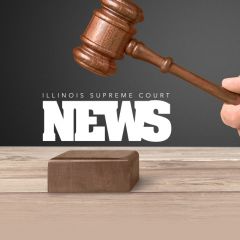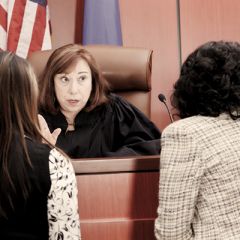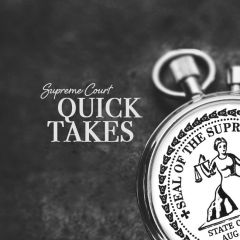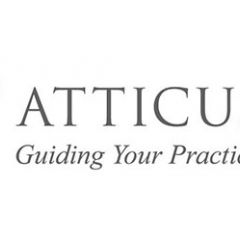Illinois Supreme Court to Hold May Oral Arguments via Zoom
The Illinois Supreme Court, for the first time in its history, will hold oral arguments via the Zoom videoconference platform when it hears cases in May. The court is doing this to practice social distancing while still conducting court proceedings during the COVID-19 pandemic.




 The Illinois State Bar Association’s Lawyer Finder Service provides referrals to local lawyers Mondays through Fridays. The Service makes referrals in a number of areas of law. For the month of March 2020 there were more than 600 referrals given.
The Illinois State Bar Association’s Lawyer Finder Service provides referrals to local lawyers Mondays through Fridays. The Service makes referrals in a number of areas of law. For the month of March 2020 there were more than 600 referrals given.
